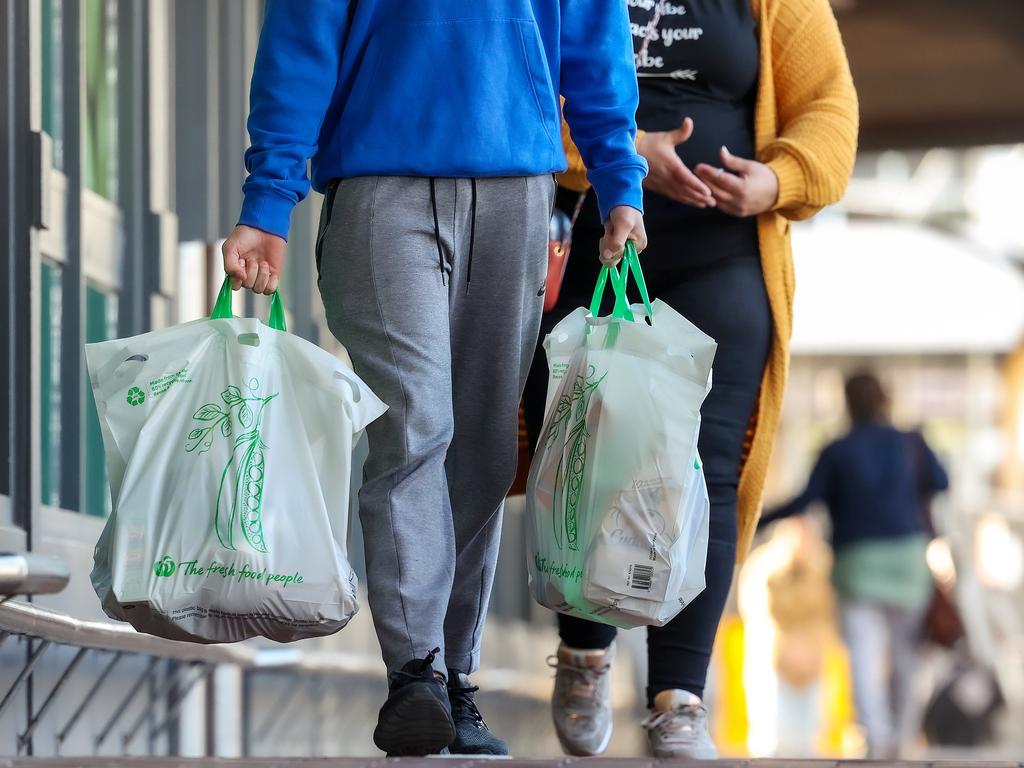Why interest rates could surge past 5pc


The bad news is the sharp slowdown in the economy over the three months, with real GDP growth stumbling lower to 0.2 per cent, from 0.6 per cent in the previous period.
Household spending was squashed, but still added a little to growth, as we saved the smallest proportion of our pay in nearly 15 years.
Mortgage costs have doubled in the space of a year.
But, as Jim Chalmers said, none of this is surprising.
That’s the point, after all, of the Reserve Bank’s string of rate rises.
Indeed, if the economy wasn’t slowing, we’d be in even more trouble because Philip Lowe – and his presumed replacement come September – would have to keep turning the screws on indebted homeowners.
Lowe is trying to slow the economy without crashing it, something he and the Treasurer have both said is “difficult”. That could be the understatement of the century, but so far, so good.
Which brings us to the worse news.
The national accounts reveal this job of easing a once-in-a-generation inflation pulse out of the system without sending too many workers to the dole queue is getting harder.
The ABS figures show productivity plunged by 4.6 per cent in the year to March – the biggest drop on record.
With productivity in reverse, businesses are suffering large increases in “unit labour costs” – which are essentially nominal wages growth minus productivity.
Through time, growth in unit labour costs have tended to match inflation, and they have now accelerated to 7.9 per cent in the year to March, from 6.9 per cent in December.
Lowe has made it abundantly clear that wages growth at current levels (at 3.7 per cent) is not consistent with returning inflation back to the 2-3 per cent target range without a return to the “moderate” pre-pandemic productivity growth rates of about 1 per cent.
Of course, there’s nothing the Reserve Bank can do to get productivity going again, other than trying to keep the economy on an “even keel”.
That leaves the ball in the government’s court.
But boosting productivity is a process that happens over the course of years, not months.
Finance Minister Katy Gallagher recognised that reality, telling breakfast radio “we’re not going to turn (the recent poor productivity performance) around in 12 months”.
“I don’t think anyone would pretend otherwise,” Gallagher said.
The message from Lowe of a quick turnaround was not encouraging.
“It is possible that with the pandemic now behind us, productivity growth will pick up. But there is considerable uncertainty here,” he said.
If nobody can really do anything about productivity in the short term, and wages continue to climb, then that leaves the queasy feeling that rates could well be heading into the 5s.
That would be the worst news of all.







There’s bad news in the national accounts, and then there’s worse news.